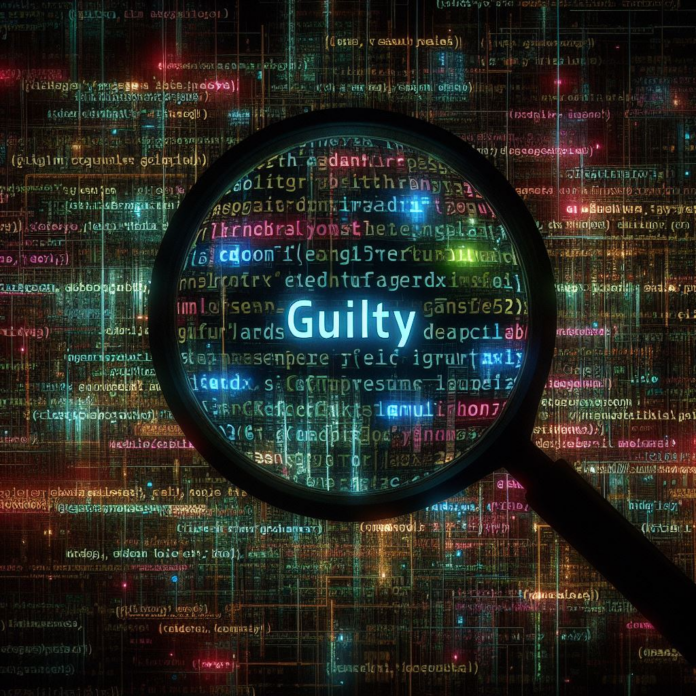By Samuel A. Lopez, Legal Analyst, USA Herald
April 25, 2024 [WASHINGTON, D.C.] – The American justice system is facing a new frontier: the growing role of Artificial Intelligence (AI) in generating evidence for court cases. This month, a federal judicial panel convened in Washington D.C. to tackle this complex issue, highlighting the challenges of integrating AI technology while safeguarding the integrity of trials.
The core concern revolves around the potential for manipulation using AI. The panel heard from computer scientists and legal experts about the risks posed by “deepfakes” – hyper-realistic, AI-generated forgeries of videos or images. These fabricated materials could potentially mislead juries and undermine the very foundation of fair trials.
Some judges on the panel, like U.S. Circuit Judge Richard Sullivan, expressed a wait-and-see approach. They pointed out the limited instances of AI-generated evidence being presented in court so far. They questioned whether existing legal frameworks, established before the rise of AI, were sufficient to address these concerns.
The central debate focused on crafting new rules specifically for AI-generated evidence. Proposals ranged from requiring expert testimony to explain an AI algorithm’s reasoning to potentially banning deepfakes altogether.
Reflecting on Past Deliberations on the Admissibility of AI-Enhanced Video Evidence
The case of State of Washington vs. Joshua Puloka involved a significant legal debate over the admissibility of AI-enhanced video as evidence.
Joshua Puloka, 46, was accused of a triple homicide following a shooting outside a Seattle-area bar on September 26, 20211.
Puloka’s defense team sought to introduce cellphone video evidence that had been enhanced using machine learning software to support his claim of self-defense.
A Washington state judge, overseeing the case at the King County Superior Court, barred the use of the AI-enhanced video as evidence. The ruling described the technology as novel and reliant on “opaque methods” and stated that its admission could lead to confusion and a “trial within a trial” about the AI model’s process.
Looking Forward: The Judiciary Adapts to a New Era
The outcome of the panel’s deliberations remains to be seen, but one thing is clear: the intersection of AI and law is a new frontier that demands careful navigation. As AI continues to evolve, so too must the rules that govern its use in our legal institutions.
The session underscored a significant moment in the ongoing dialogue about the intersection of law and technology. Proposals discussed ranged from requiring AI-generated evidence to meet the same standards as testimony from expert witnesses to more stringent measures potentially banning deepfakes in courtrooms.
“AI technology can significantly benefit the legal system, enhancing efficiency and accuracy in some cases, but it also poses unprecedented challenges that require careful consideration,” said Samuel A. Lopez, legal analyst and reporter. “As AI continues to evolve, so must our legal frameworks to ensure they adequately address both the potential and the pitfalls of this technology.”
While the debate continues, the legal community remains cautious but optimistic about the future role of AI in judicial processes. “We must tread carefully,” Lopez adds. “The integrity of our legal proceedings depends on our ability to adapt to and wisely integrate new technologies.”
Learn more about: Samuel A. Lopez
Get a quick look at the days breaking news and analysis from: USA Herald



